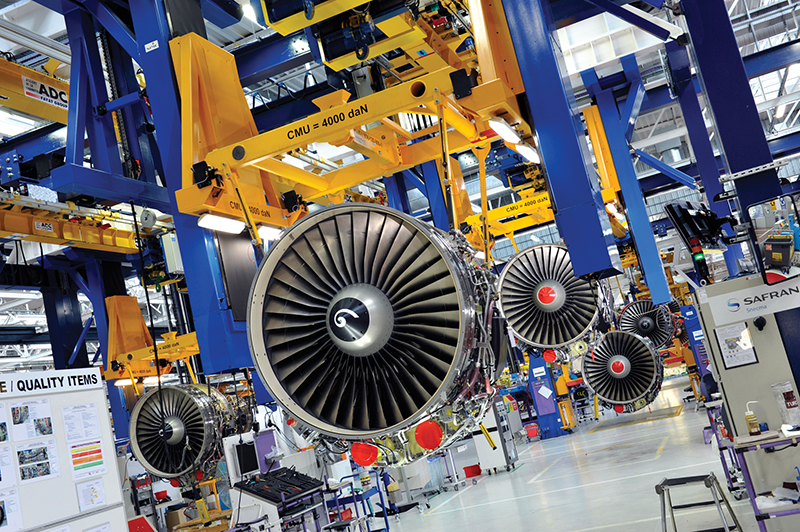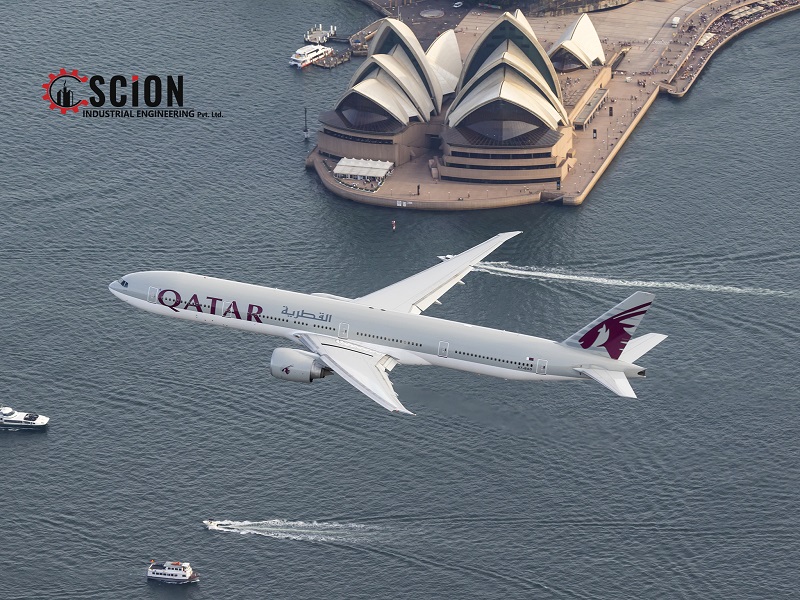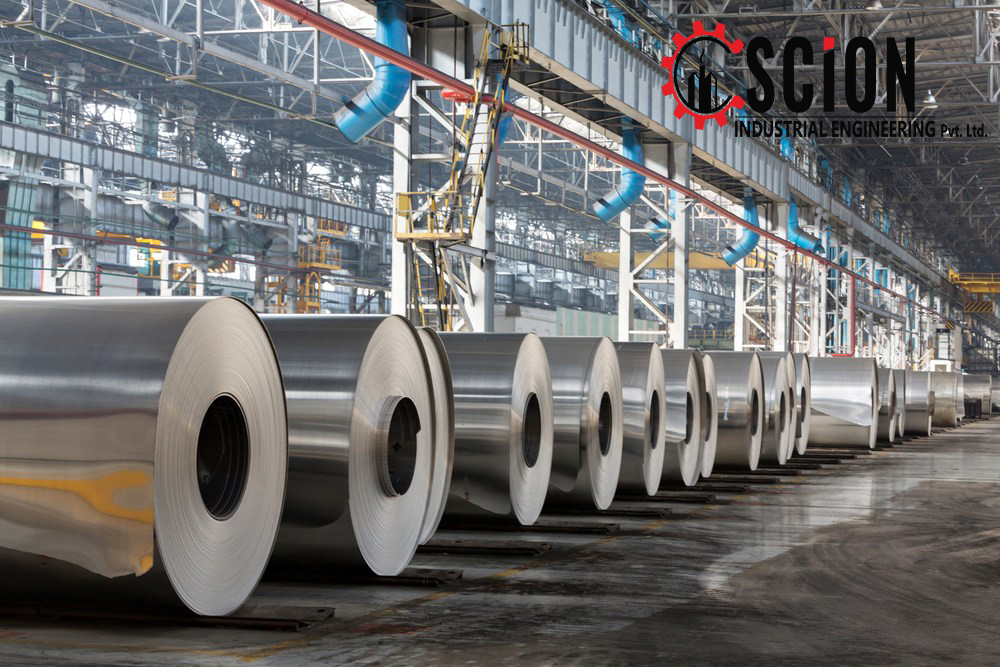The Kingdom of Bahrain’s capital Manama has been named as the fifth globally amongst all-sized cities and first amongst small and mid-sized cities for FDI strategy in the 2021 Global cities of the Future index produced by the Financial Times’ fDi Magazine. Both Abu Dhabi and Dubai similarly ranked in the top 10, with Abu Dhabi placing sixth and Dubai placing eighth.
Commenting on the latest rankings, the Bahrain Economic Development Board’s Chief Executive, His Excellency Khalid Humaidan said: “In 2019, FDI stock made up 80% of our nominal GDP which is double the world average. We are very proud of this achievement and for being recognised for our FDI strategy. What is more promising is that three GCC cities have ranked in the top ten, highlighting the clear attraction for FDI in the region.
“This independent recognition is further confirmation that our board has set the right strategy for us to go forward and they continue to be supportive of our agenda.”
The Kingdom’s FDI strategy is pinned on a diverse multi-sectoral approach which is showing results and gaining recognition, as evidenced by Bahrain’s leading performance in the survey.
In addition to the Kingdom’s ranking in FDI Strategy, Bahrain was also ranked highly in cost-effectiveness and business friendliness, being 6th globally and third in MENA, and seventh globally and second in MENA respectively for small and mid-sized cities.
Bahrain has undertaken an ambitious and comprehensive programme of economic reform, which has been further recognised by other independent studies and surveys. The 2020 World Bank Doing Business Report named Bahrain the fourth most improved country in the world, and research by KPMG in a Cost of Doing Business Report highlighted that Bahrain is between 20-30 percent more cost-effective than some of its neighbors across multiple industries.
Source:https://www.bahrainedb.com/latest-news/manama-listed-in-the-top-5-globally-for-fdi-strategy-in-latest-fdi-magazine-ranking/







